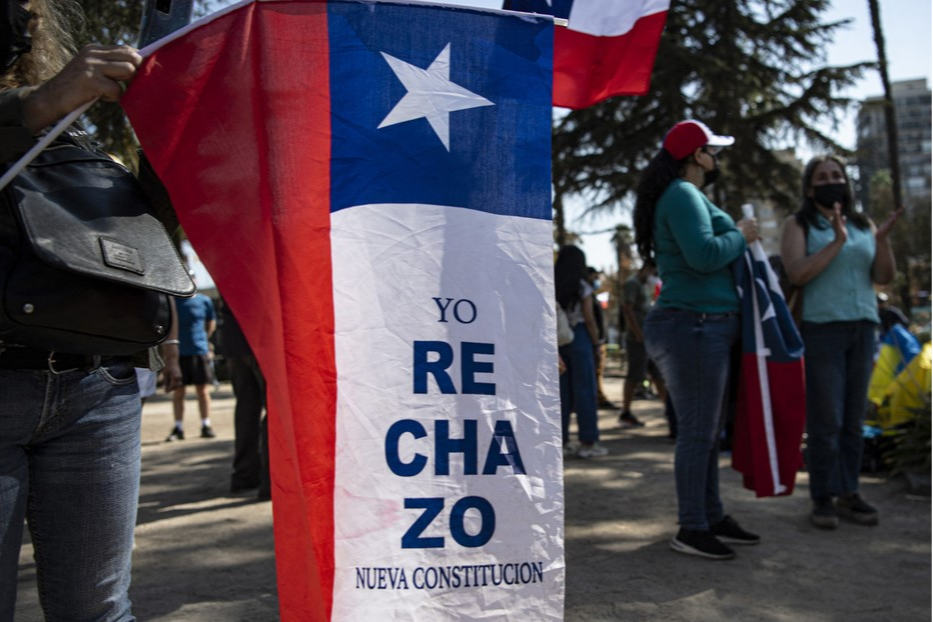
By María Josefina Arce
On November 7, the Chilean president, Gabriel Boric, will be presented with the new Constitution project, considered retrograde and which is rejected, according to opinion polls, by more than half of the citizenship.
The document was approved this Monday by 33 votes in favor and 17 against by the Constitutional Council, dominated by the ultra-right Republican Party, which went from opposing changes to the Magna Carta inherited from the military dictatorship of General Augusto Pinochet to working on the new document, prepared by a Commission of Experts.
This is the second attempt in Chile to change the Constitution. In September 2022, Chileans went to the polls to vote on a draft prepared by a Constituent Convention, also elected by popular vote.
This process was reached after the outbreak of October 2019, under the presidency of the right-wing Sebastián Piñera. Initially, Chileans protested against the increase in the Santiago de Chile subway fare, but the movement gained strength, became a massive denunciation of the great inequality prevailing in the southern country and demanded a new Magna Carta.
However, the right-wing attacks against members of the Convention and its disinformation campaign on several of the text's paragraphs, which strongly emphasized indigenous self-determination, environmental protection and gender equality in all public institutions, led to 62% of the citizens rejecting it.
The current constitutional process has not been free of controversy, due to some of the proposal's norms that for several sectors of society are deeply regressive.
Among these are those that attempt against gender parity in the National Congress and the one that opposes the voluntary interruption of pregnancy in case of rape, fetal non-viability and danger to the mother's life.
As a result of a Constitutional Council dominated by the right, the document does not respond to demands for greater social justice. On the contrary, it promotes unequal access to basic rights such as health, education and pensions.
Quoted by the Prensa Latina news agency, institutional advisor Karen Araya, of the Communist Party, regretted that it was not possible to achieve a text aimed at improving the quality of life of Chileans.
The final decision on the new constitutional proposal will be made by the citizens. On December 17, in a plebiscite, Chileans will vote on a document which, in the opinion of many, is exclusive, retrograde and puts at risk the future of the vast majority of Chileans.

